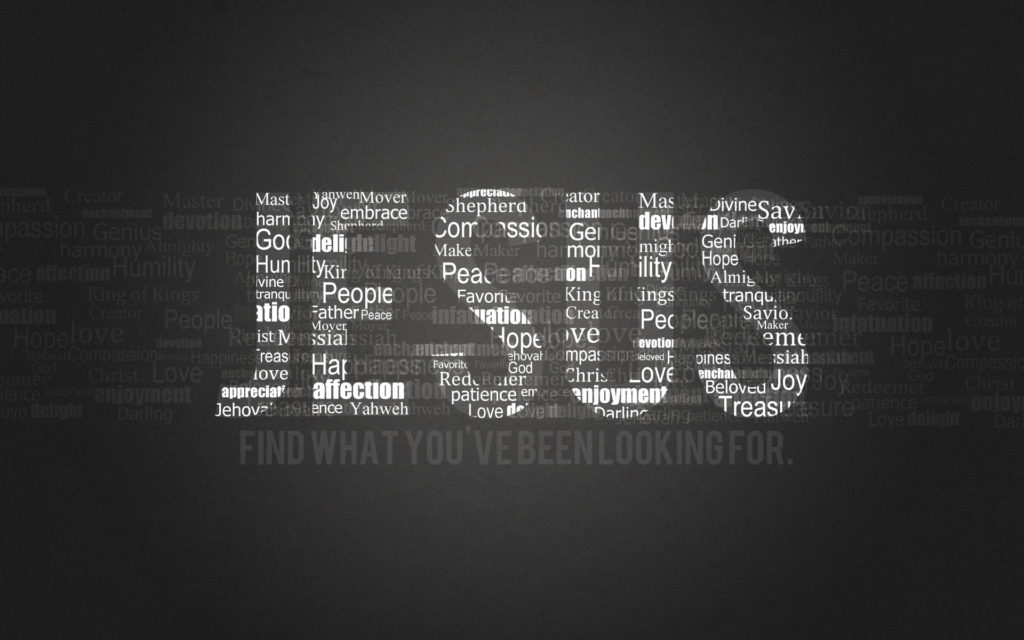I’m always fascinated when I meet someone who reads the last chapter of a book first. I’ve been told knowing the outcome allows for a more fulfilling reading experience. I suppose once the uncertainty of the ending is known, the means to the end is better understood and more appreciated. Maybe that is why Jesus took care of humanity’s most uncertain aspects to living—“What happens when I die, and who am I?”—when He arrived, lived, died, rose, and ascended. The last chapter is a foregone conclusion. (Pause for Thought: “Brothers, we do not want you to be ignorant about those who fall asleep, or to grieve like the rest of men, who have no hope. We believe that Jesus died and rose again, so we believe that God will bring with Jesus those who have fallen asleep in Him.”—I Thessalonians 4:13-14. What uncertainties are you and your family facing this year? How does knowing death is nothing but a short sleep with Jesus help you face these uncertainties? Remember, when you fall asleep at night, you don’t cease to be who you were when you awake. Since this is so, what do you suppose we carry with us into Heaven? What do you suppose is left behind?)
My wife, son, and I always pray before we part for work and school in the mornings. The first school day of this year, I asked my son what he wanted to work on and perfect this semester. I was thinking he would request prayer for an academic or intellectual pursuit, but instead, he said he wanted to know more about what a Christian does and who a Christian is. His request exuded uncertainty. He is currently living in an “earn it or lose it” state of being. (Pause for Thought: “But you are a chosen people, a royal priesthood, a holy nation, a people belonging to God, that you may declare the praises of Him who called you out of darkness into His wonderful light. Once you were not a people, but now you are the people of God, once you had not received mercy, but now you have received mercy.”—I Peter 2:9-10. How does a royal priesthood look and act? Are you basing your response on Jesus’s example or the world’s? What, if any, difference is there between Jesus’s example of royalty and priesthood and the world’s? What “certainties” does Jesus’s example bring with it?)
I want my son to understand a Christian (Jesus Christ Follower) doesn’t try to earn the places, rights, and privileges given to him, but focuses on living up to these gifts given freely by his heavenly Father. My son’s eventual physical death is just falling asleep and waking up with Jesus—again. Nothing can stop that from happening. My son is a king in the order of Jesus—no one can take that away. I want these grace-filled certainties to be the basis for his living and wisdom. His place, my place, is guaranteed always—now and forever—at our Father’s table. Our earthly failures will not be a reason for our removal from our place at His table, but an opportunity for us to live up to the gracious gift and accompanying responsibilities from our Lord Jesus Christ. (Pause for Thought: “You are those who have stood by me in my trials. And I confer on you a kingdom, just as my Father conferred one on me, so that you may eat and drink at my table in my kingdom and sit on thrones, judging the twelve tribes of Israel.”—Luke 22:28-30. What is the basis for being a Christ follower? How do you view trials when they appear? Do you try to earn your way closer to the King? Do you believe the trial has come as a punishment for something you did or didn’t do? How do you view Jesus’ authority and yours when these trials arrive? If you will allow me, I would like to speak more to the subject of “living up” in next week’s article.)


